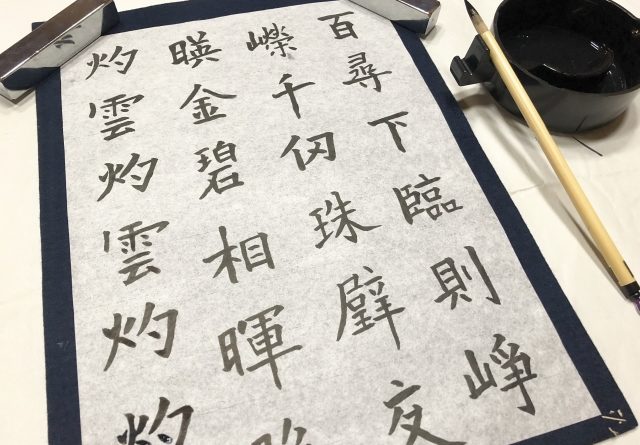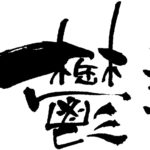Ateji (当て字 – Phonetic Equivalent) Part 1
Ateji Part 1
当て字 Part 1
I used the Japanese word ateji (当て字) several times in my previous posts.
私はこれまでの投稿で、何度か「当て字」という日本語を使ってきました。
When looking up it in a dictionary, it is translated as “phonetic equivalent,” but I think that the nuance is a little incorrect.
「当て字」で辞書を引くと “phonetic equivalent” が出てきますが、少しニュアンスが違うような気がします。
Since ate (当て) means “to assign” and ji (字) means “character,” the literal meaning of ateji is “assigned characters.”
「当て」は “to assign”、「字」は “character” を意味するので、「当て字」の文字どおりの意味は “assigned characters” となります。
In actual situations, ateji has two different meanings.
実際には、「当て字」は大きく二つの意味を持ちます。
One is to assign kanji characters to foreign or Japanese terms based on only the readings, ignoring the actual meaning of the kanji.
一つは、漢字の本来の意味を無視し、読み方のみを考慮して外来語や和語に漢字を当てることです。
The other is to assign kanji characters based on only the meanings, ignoring the readings of the kanji.
もう一つは、漢字の読み方を無視し、意味のみを考慮して外来語や和語に漢字を当てることです。
To be continued.
続く




